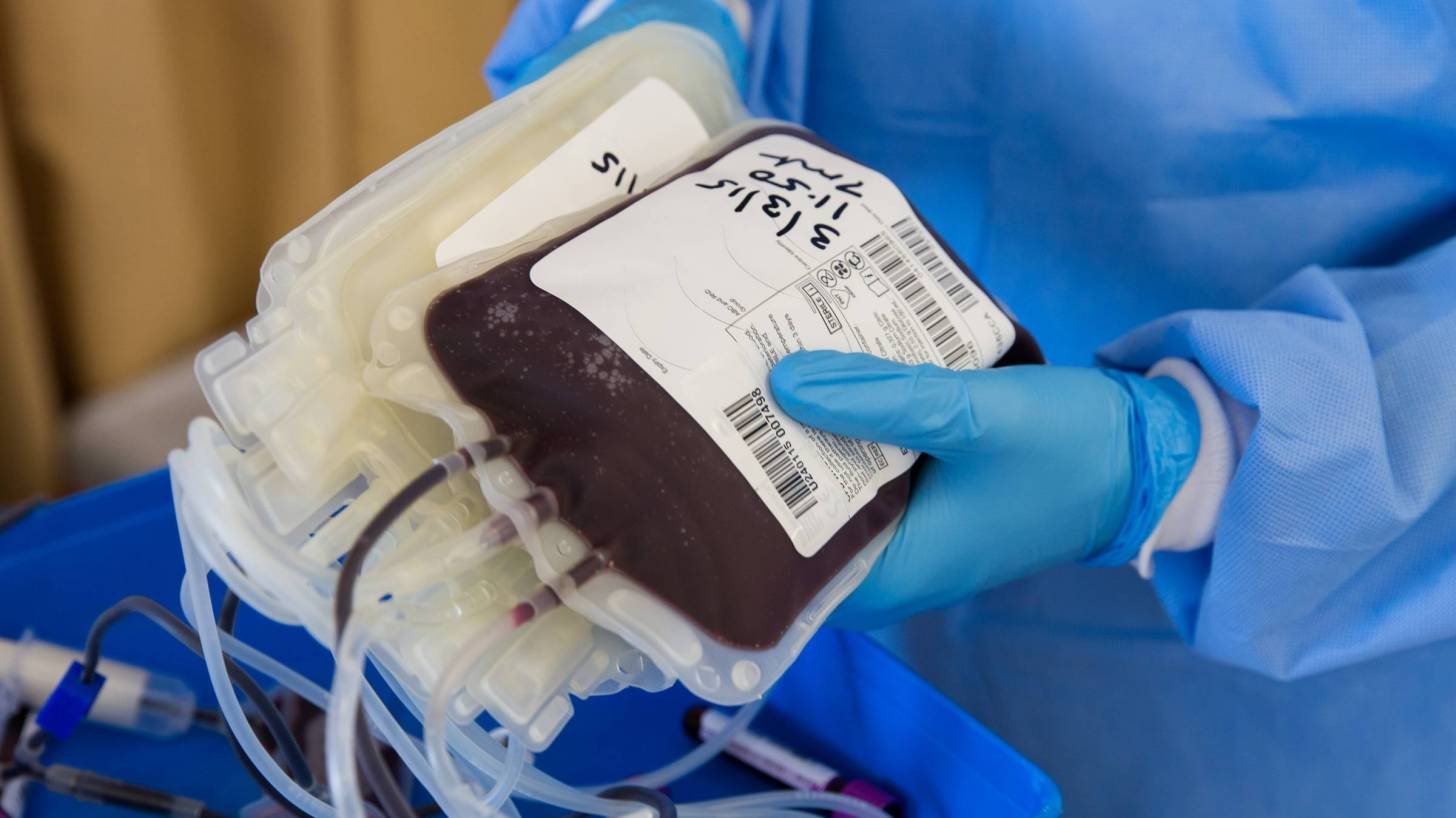New Blood Donor Policies From the FDA

The U.S. Food and Drug Administration (FDA) issued guidance for immediate implementation to address the urgent and immediate need for blood and blood components.
The FDA announced on April 2, 2020, the COVID-19 pandemic has caused unprecedented challenges to the U.S. blood supply. Donor centers have experienced a dramatic reduction in donations due to the implementation of social distancing and the cancellation of blood drives.
‘At the FDA, we want to do everything we can to encourage more blood donations, which includes revisiting and updating some of our existing policies to help ensure we have an adequate blood supply, while still protecting the safety of our nation's blood supply.’
Based on recently completed studies and epidemiologic data, the FDA has concluded that current policies regarding certain donor eligibility criteria can be modified without compromising the safety of the blood supply.
Therefore, the FDA is revising recommendations in several guidances regarding blood donor eligibility.
These changes are being put forth for immediate implementation and are expected to remain in place after the COVID-19 pandemic ends, with any appropriate changes based on comments we receive and our experience implementing the guidance.
Among others, the FDA is making the following changes, for immediate implementation, to the December 2015 guidance:
- For male donors who would have been deferred for having sex with another man: the agency is changing the recommended deferral period from 12 months to 3 months.
- For female donors who would have been deferred for having sex with a man who had sex with another man: the agency is changing the recommended deferral period from 12 months to 3 months.
- For those with recent tattoos and piercings: the agency is changing the recommended deferral period from 12 months to 3 months.
The FDA is making the following changes, for immediate implementation, to the August 2013 guidance:
- For those who have traveled to malaria-endemic areas (and are residents of malaria non-endemic countries): the agency is changing the recommended deferral period from 12 months to 3 months. In addition, the guidance provides notice of an alternate procedure that permits the collection of blood and blood components from such donors without a deferral period, provided the blood components are pathogen-reduced using an FDA-approved pathogen reduction device.
The FDA is finalizing the January 2020 draft guidance, which includes the following change from the previous guidance:
- For those who spent time in certain European countries or on military bases in Europe who were previously considered to have been exposed to a potential risk of transmission of Creutzfeldt-Jakob Disease or Variant Creutzfeldt-Jakob Disease, the agency is eliminating the recommended deferrals and is recommending allowing reentry of these donors.
And, blood establishments are not required to implement the changes in the FDA recommendations or alternative procedures.
As noted above, the changes being announced to the HIV, vCJD and malaria guidances are being put forth for immediate implementation.
Furthermore, the FDA will provide notification when the alternative procedures are no longer in effect.
The FDA will monitor these changes in policy, alongside the National Institutes of Health's National Heart, Lung and Blood Institute and major blood partners to ensure the continued safety of the blood supply.
COVID-19 outbreak news published by Coronavirus Today.








.jpg)

.jpg)




.jpg)






.jpg)

